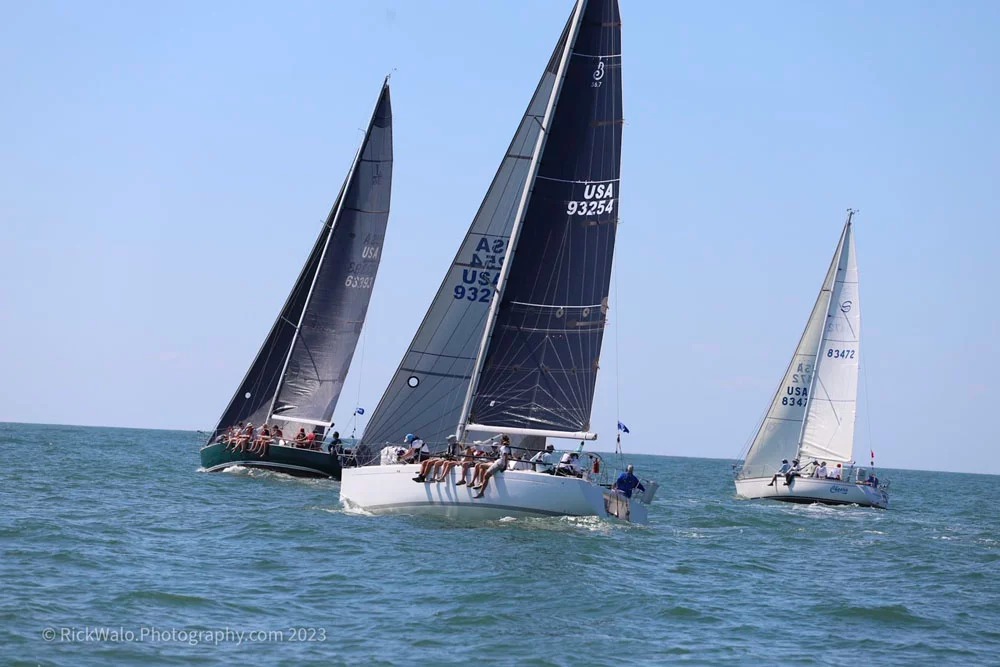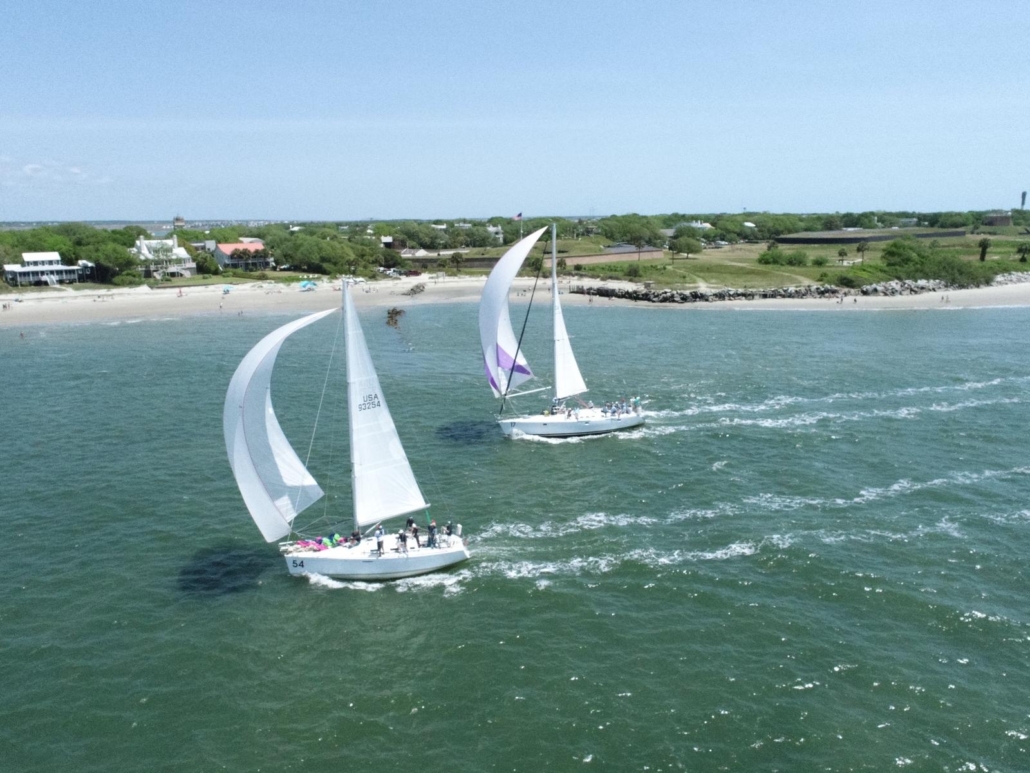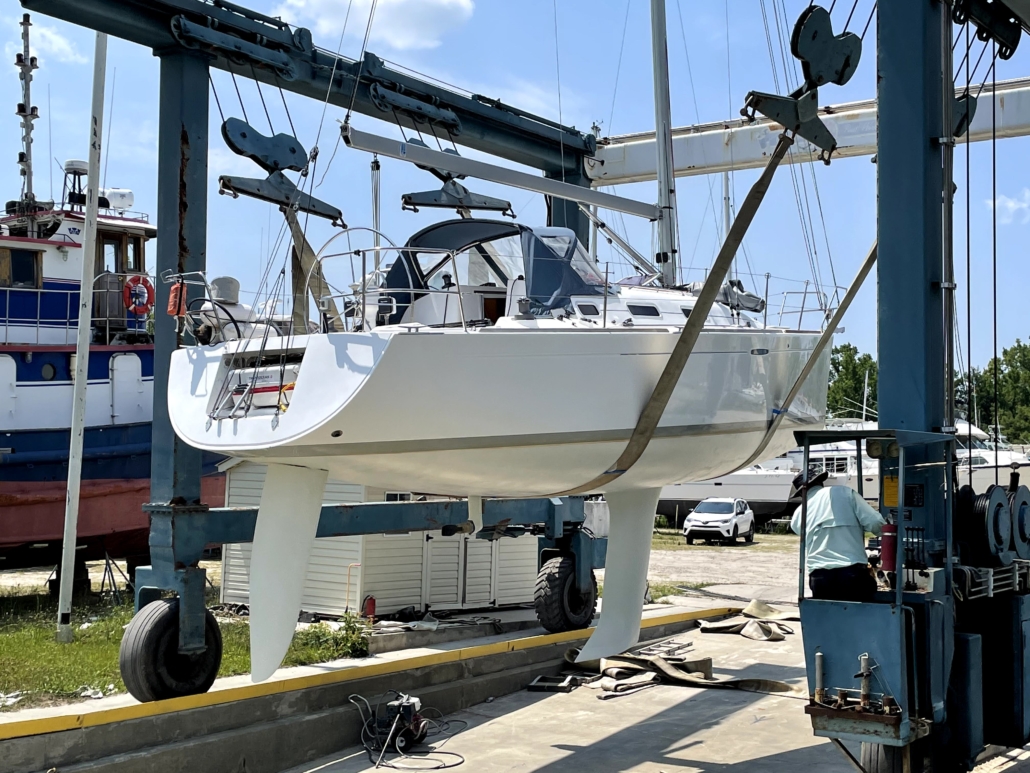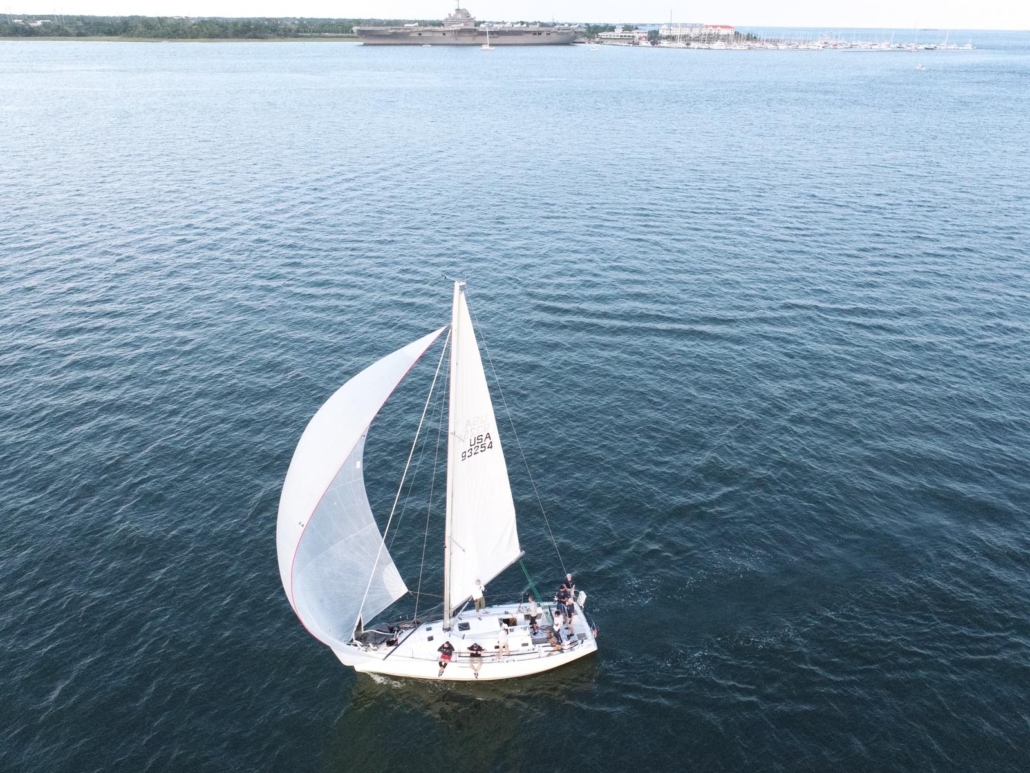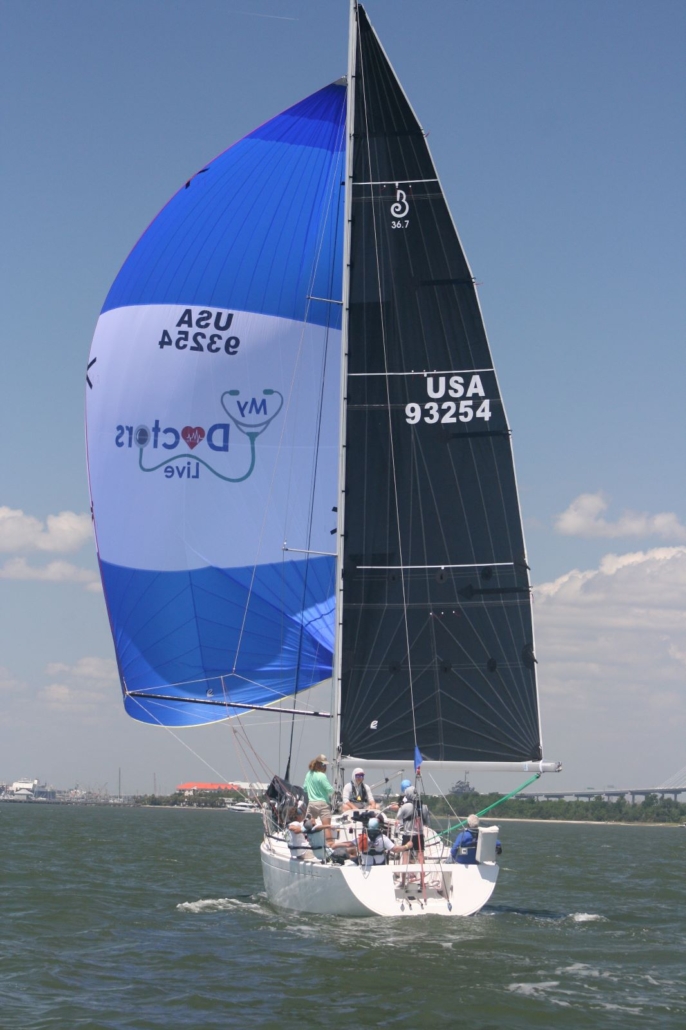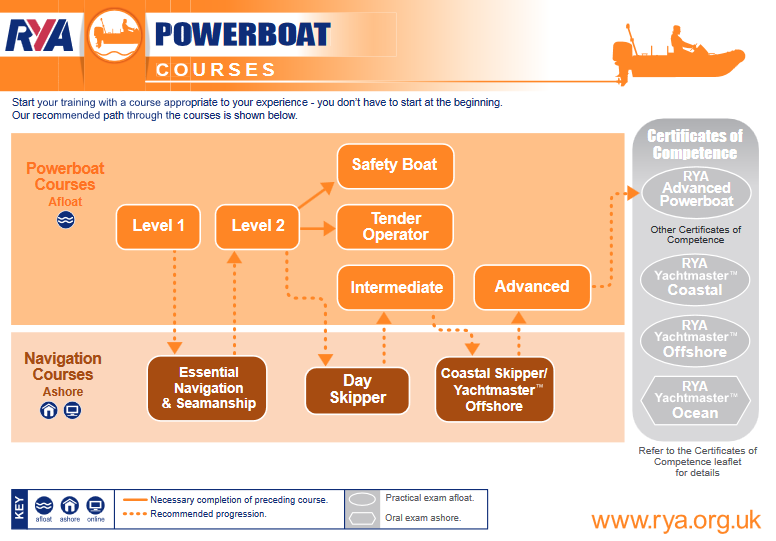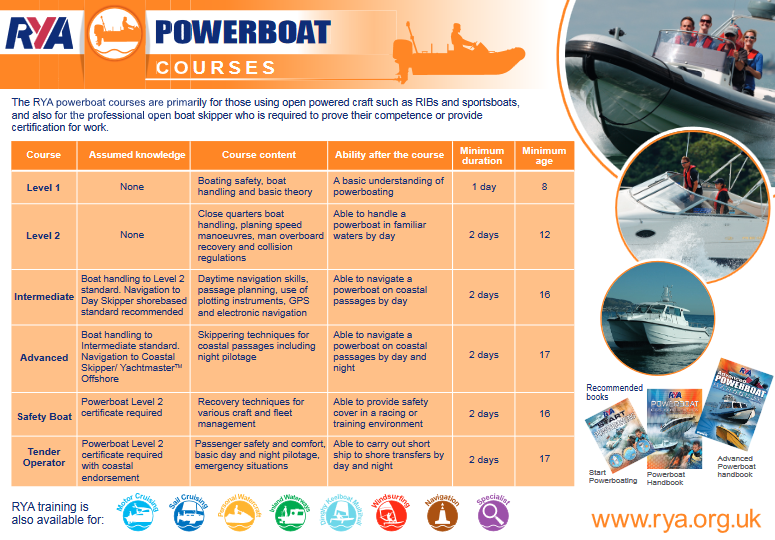Cyber Security Awareness for Yacht Crew & Staff Online
Cyber Security Awareness Online Course for Yacht Crew & Staff
Increasing the Knowledge of Personal Cyber Security-Related Threats for Yacht Crew & Staff, Including Potential Social Media Breaches, Hacking and ID Theft
An awareness of cyber security-related threats amongst the crew and staff of Superyachts is generally quite poor. This can lead to breaches of security, and open the yacht, personnel, guests and owners to potential cyber security attacks, as well as stealing and misuse of personal data. By providing the crew and staff with an awareness of these threats, especially those connected with social media hacking and ID theft, this will lead to increased security for the company, yacht and personnel involved.
About the Course
The ‘Cyber Security Awareness for Yacht Crew & Staff‘ course provides an overview of the cyber threats that exist, risk management, and cyber security compliance for Yachts. The course also looks at issues for crew & staff with social media, then examines the measures that can be taken to mitigate and defend against these types of threats. This course is designed to provide the user an awareness of Maritime Cyber Security issues because ‘cyber security is everyone’s responsibility.’
The Course Aim
The aim of this course, designed by VIRSEC is to provide the crew and staff of a Yacht with the basic knowledge enabling them to secure their personal devices, safeguard personal data, as well as considering on board equipment that may be vulnerable to cyber security threats. The course also introduces measures within the shipboard Safety Management System (SMS) to ensure that the Yacht is resilient to cyber risks.
Course Subjects
The course includes the following subjects:
Course Introduction Area
Cyber Risk Management
The Foundation for IMO 2021
MSC.428(98) Cyber Security Compliance for Superyachts
Compliance Requirements for IMO 2021
Crew Training & Awareness Requirements
Maintaining a Safe & Secure Social Media Environment
Geographical Security for High-Value Assets with a Focus on Cyber Security
Target Audience
This course is aimed at all crew and staff personnel of Superyachts, Motor Yachts & Mega Yachts who access personal social media, websites, and other vulnerable applications through shipboard and personal devices such as smartphones, tablets, laptops and desktops. The course is also ideal for guests and owners to appreciate the risks involved, and how to assist in the mitigation of those risks through personal cyber security measures whilst on board the Yacht.
Course Duration
The course lasts for approximately 1.5 to 2 hours depending on the learner’s abilities and reading speed. However, you can enter and exit this course as often as you require but you must complete each assessment in one sitting as they will reset if you exit during an assessment phase.
Prerequisites
There are no pre-requisites for attending this online course.

